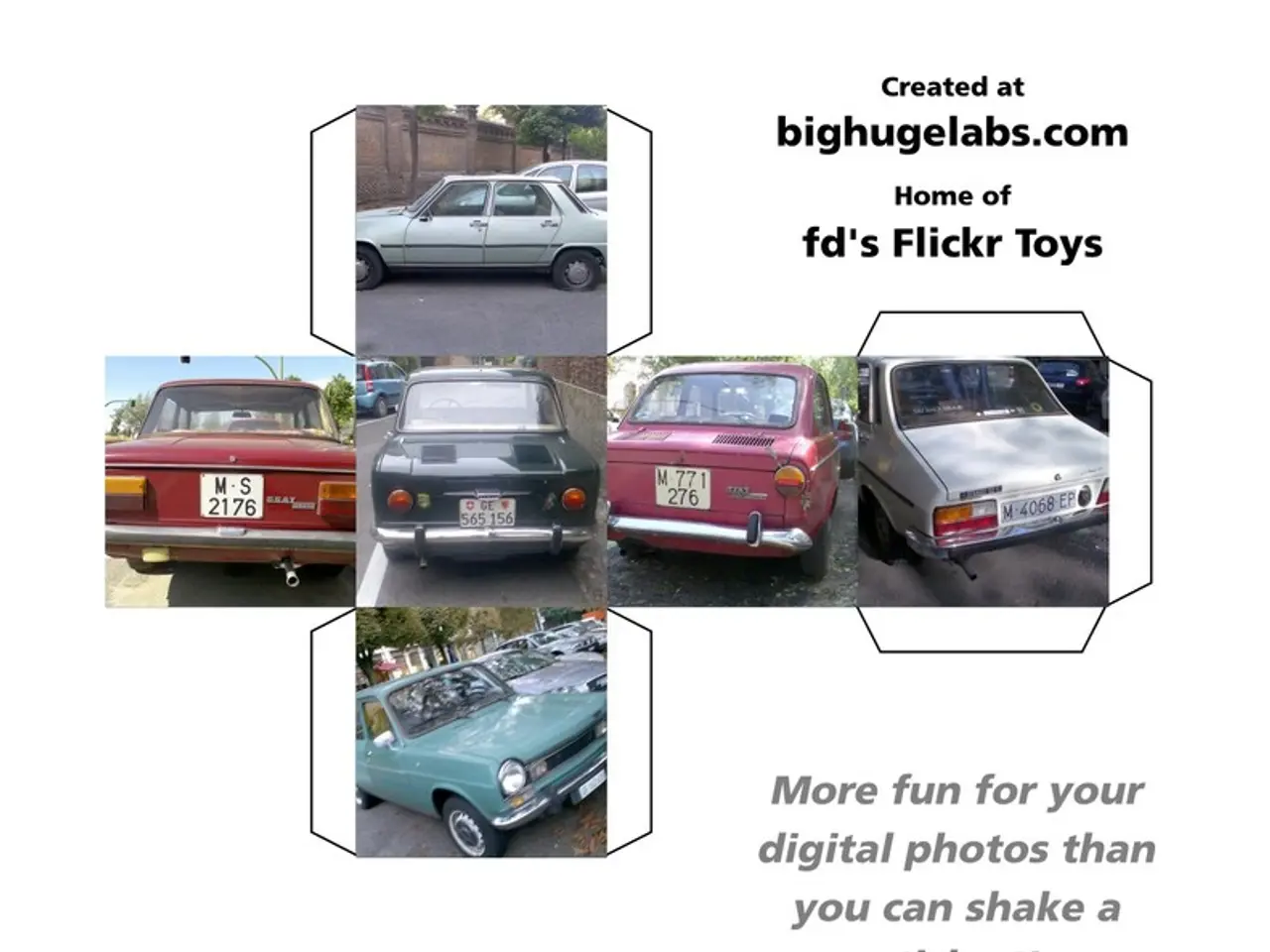U.S. Administration Pursues Ban on Automotive Technologies Tied to China and Russia
The Biden-Harris Administration has announced a significant move to protect U.S. national security and consumer privacy by proposing regulations to ban the use, sale, and import of connected vehicles and their components that incorporate software and hardware technologies from China and Russia.
The U.S. Department of Commerce has issued a notice of proposed rulemaking (NPRM) to enforce this ban, which is a significant part of the Administration's strategy to strengthen U.S. automotive supply chains against foreign threats. This regulatory approach aims to eliminate risks that foreign adversaries could exploit connected vehicle technology to collect sensitive data or interfere with vehicle operations.
Key details of these regulations include a complete ban on Chinese and Russian software and hardware in connected vehicles operating on U.S. roads. The Administration's goal is to minimize impacts on the automotive sector while mitigating security risks. Connected vehicles provide benefits such as promoting vehicle safety and assisting with navigation, but they also pose new and growing threats.
The proposed rules target "vehicle connectivity systems" (VCS), such as Bluetooth and Wi-Fi, and "automated driving systems" (ADS) that enable driverless vehicles. The Administration's policy reflects concerns that China is aggressively attempting to dominate the future automotive industry, and that connected vehicle systems linked to China or Russia could expose the American public to misuse of personal data or manipulation by malign actors.
The Administration has also imposed broader licensing requirements for foundries and packaging companies exporting certain advanced chips, with exceptions only in limited cases, to further control key components tied to connected vehicle technologies. This regulatory approach aligns with broader national security measures locking out Chinese automakers through tariffs and scrutinizing partnerships with Chinese firms in electric vehicle (EV) and battery sectors due to concerns over espionage and data security.
The proposed regulations come after public feedback on earlier notices regarding the national security risks of foreign technologies in connected vehicles. The Biden-Harris Administration is seeking ongoing input from industry leaders and international partners to refine the proposed rule. The Administration is planning to protect national security from connected vehicle technologies linked to foreign countries, specifically China and Russia.
The Inflation Reduction Act ties eligibility for the $7,500 EV tax credit to final assembly in North America and sourcing key battery minerals and components from the United States or trade partners. This initiative reflects a strategic priority to secure America’s automotive industry supply chains against foreign adversary threats while maintaining consumer safety and data privacy.
[1] U.S. Department of Commerce. (2024). Notice of Proposed Rulemaking on Connected Vehicle Technologies. Retrieved from https://www.commerce.gov/news/press-releases/2024/06/department-commerce-announces-proposed-regulations-protect-us-national-security-and-consumer-privacy-connected-vehicle-technologies
[2] White House. (2024). Fact Sheet: Strengthening America's Supply Chains. Retrieved from https://www.whitehouse.gov/briefing-room/statements-releases/2024/02/02/fact-sheet-strengthening-americas-supply-chains/
Read also:
- Elon Musk accused by Sam Altman of exploiting X for personal gain
- Comparing the value of top electric scooters: Kinetic DX versus Bajaj Chetak versus TVS iQube - Which one offers the best bang for the buck?
- Tech tycoon Elon Musk alleges Apple is preferring OpenAI, sparking potential lawsuits contemplation
- China's Automotive Landscape: Toyota's Innovative Strategy in Self-Driving Vehicles




